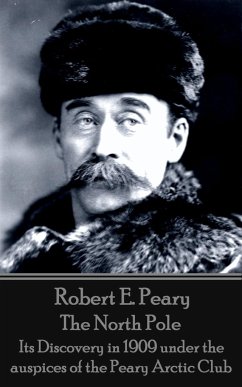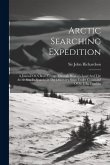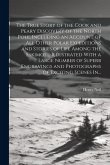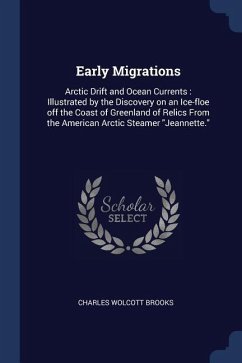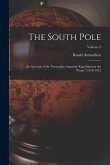Robert Edwin Peary, Sr. was born on May 6, 1856 in Cresson, Pennsylvania. The early death of his father when Peary was 3 dictated that he and his mother moved to Portland, Maine. His senior education took place at Bowdon College and he graduated in 1877 with a Civil Engineering degree. For Peary his overriding ambition became the North Pole. It was a dream that had also obsessed many others. His first exploration attempt was Greenland in 1886. He managed just 100 miles before turning back. In 1891 he broke his leg but the recuperation enabled him to more clearly define how to achieve his ambition. Inuit survival techniques were now researched and this gave him valuable insight. By 1892 he had established that Greenland was an island. In his 1898-1902 expedition, he claimed an 1899 visual discovery of "Jesup Land" west of Ellesmere. Peary also achieved a "farthest north" for the western hemisphere in 1902 north of Canada's Ellesmere Island. Peary's next expedition was supported by a $50,000 gift. Peary used the money for a new ship. The SS Roosevelt battled its way through the ice between Greenland and Ellesmere Island, establishing an American hemisphere "farthest north by ship." The 1906 "Peary System" dogsled drive for the pole across the rough sea ice of the Arctic Ocean started from the north tip of Ellesmere at 83° north latitude. The parties made well under 10 miles (16 km) a day until they became separated by a storm. Peary was without a companion sufficiently trained in navigation to verify his account from that point northward. With insufficient food, and with uncertainty about whether he could negotiate the ice between him and land, he made the best possible dash and barely escaped with his life off the melting ice. On April 20, he was no further north than 86°30' latitude. He claimed the next day to have achieved a Farthest North world record at 87°06' and returned to 86°30' without camping, an implied trip of at least 72 nautical miles (133 km) between sleeping, even assuming direct travel with no detours. There is little doubt that although greatly honoured for his expeditions that Peary was rather elastic with the truth. For his final assault on the Pole, Peary and 23 men, including Ross Gilmore Marvin, set off from New York City on July 6, 1908 aboard the S.S. Roosevelt under the command of Captain Robert Bartlett. They wintered near Cape Sheridan on Ellesmere Island, and from Ellesmere departed for the pole on February 28 - March 1, 1909. This book relates that attempt on the North Pole. Subsequent to the attempt Peary was promoted to the rank of captain in the Navy on October 20, 1910. By his lobbying, Peary was eventually recognized by Congress to have "attained" the pole (not "discoverer" in deference to 1908 North Pole claimant Frederick Cook's supporters), Peary was given the Thanks of Congress by a special act of March 3, 1911. By a special act of Congress on March 30, 1911, Peary was promoted to the rank of Rear Admiral in the Navy Civil Engineer Corps retroactive to April 6, 1909, and retired the same day. In early 1916, Peary became chairman of the National Aerial Coast Patrol Commission. It advocated the use of aircraft in detecting warships and submarines off the U.S. coast. Peary used his celebrity to promote the use of military and naval aviation, which led directly to the formation of Naval Reserve aerial coastal patrol units during the First World War. At the close of the First World War, Peary proposed a system of eight air mail routes, which became the genesis of the U.S. Postal Service's air mail system. Admiral Robert Edwin Peary died in Washington, D.C. on February 20, 1920. He was buried in Arlington National Cemetery.
Hinweis: Dieser Artikel kann nur an eine deutsche Lieferadresse ausgeliefert werden.
Hinweis: Dieser Artikel kann nur an eine deutsche Lieferadresse ausgeliefert werden.

